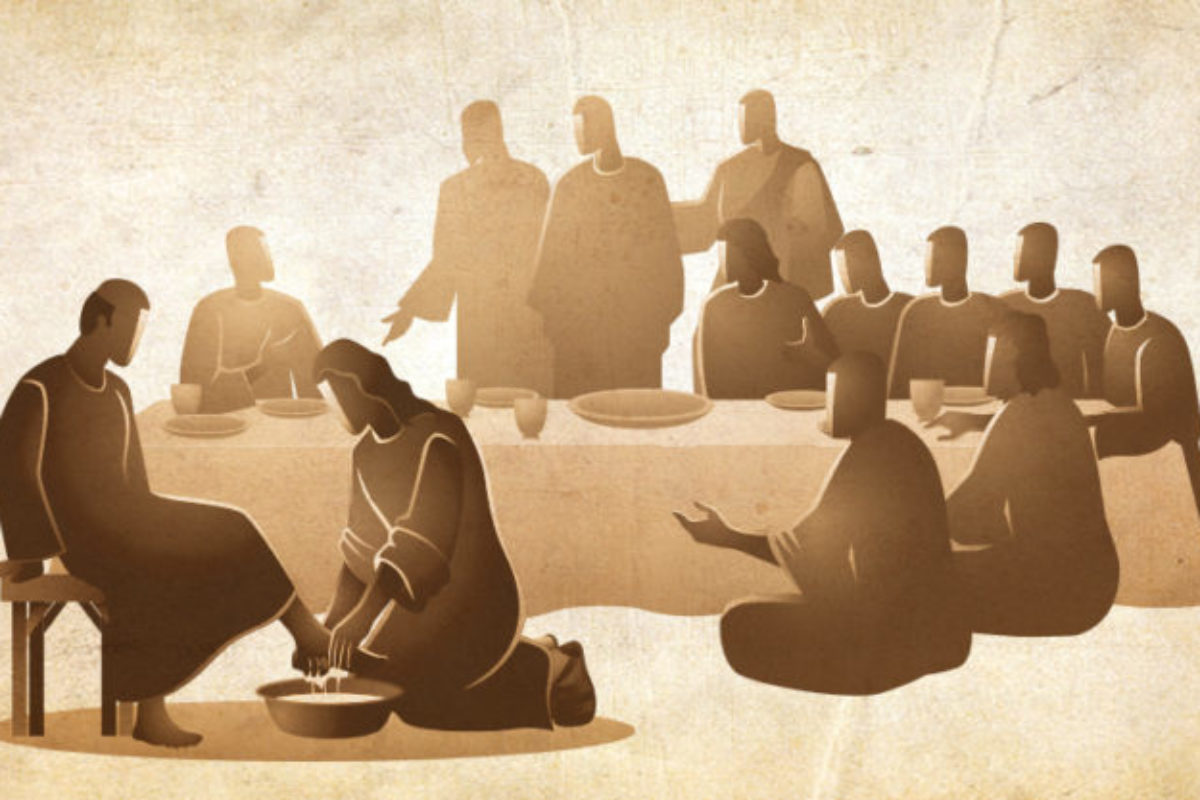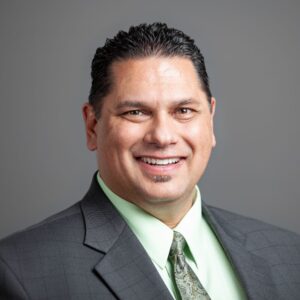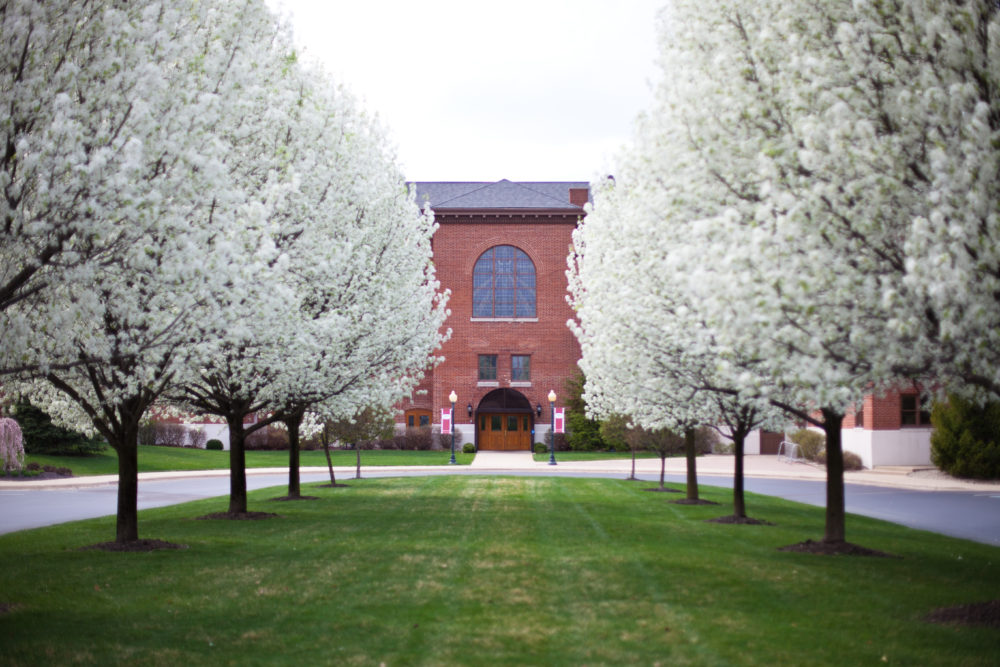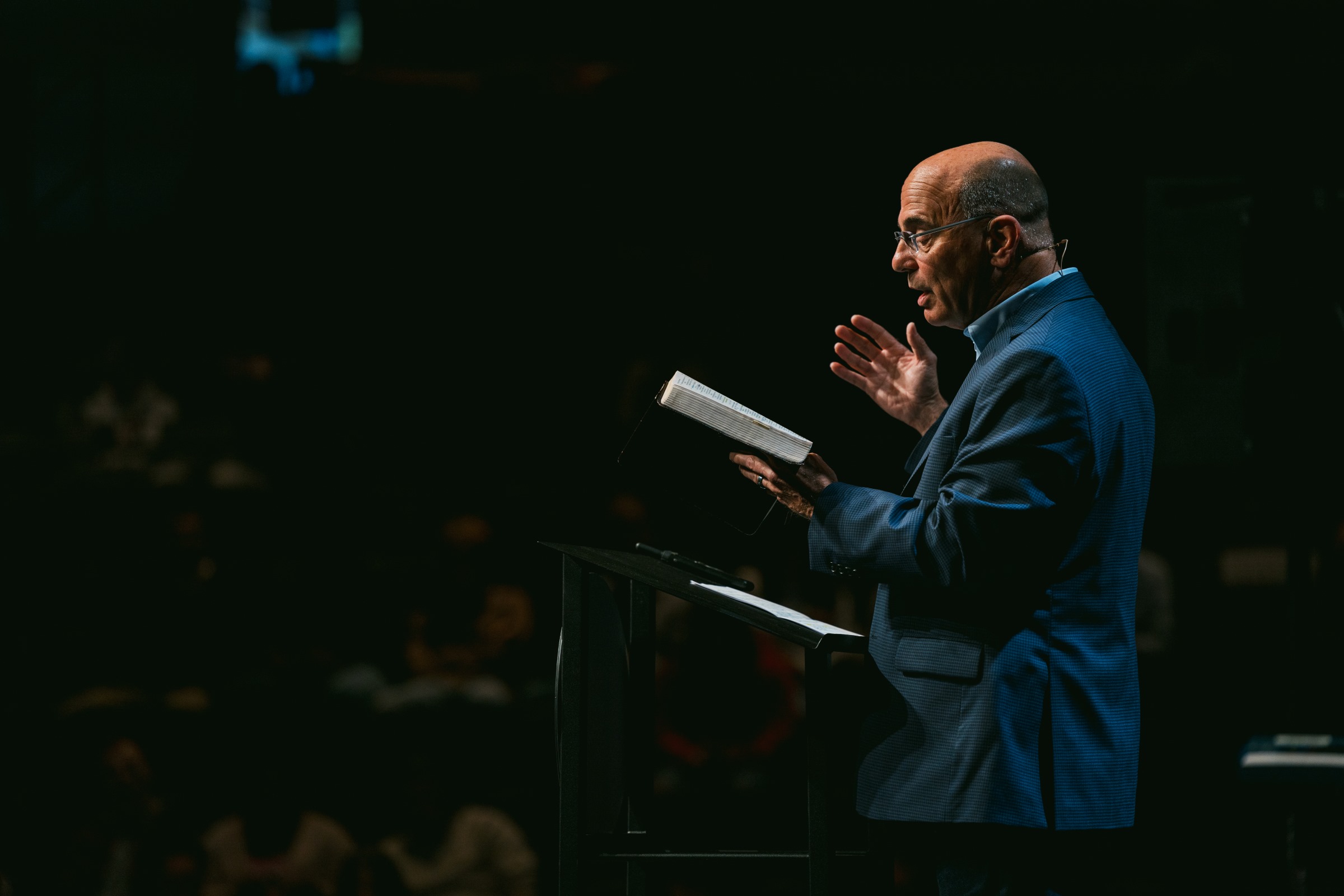April 27, 2021
Biblical Stewardship: Stewarding the Kingdom
Written By Grace Theological Seminary
Tagged With Preaching & Pastoring Dr. Freddy Cardoza

The Basics of Biblical Stewardship
The Lord of the Rings centers on the return of the King of Gondor and his exaltation. Before this time, the rightful king, Aragorn, had been abroad helping the peoples of Middle Earth fight against evil in their quest to destroy the One Ring. Once this was accomplished, the Dark Lord Sauron would be defeated and Aragorn’s glorious kingdom could be established.
When Aragorn returned to the capital city, he found that Denethor, the Steward of Gondor, had wrongly assumed ownership of the kingdom during his absence. As Aragorn fights and wins the Battle of Minas Tirith, Denethor suffers his rightful fate. The story ends as Aragorn victoriously enters the White City and receives his coronation as the exalted king.
Believers are Stewards of God’s Kingdom
The Lord of the Rings is a metaphor providing insight into our responsibilities as God’s stewards. Author J.R.R. Tolkien captured the essence of Jesus’ teaching in the parable of the talents. In that story, the master went on a long journey, entrusting his servants with large sums of money (Matt. 25:14-30). Upon returning, the master found that one steward had greatly mishandled his wealth. Poor management caused the master’s disgust, resulting in the dishonor, disenfranchisement, and discipline of the wicked steward. This passage and others like it teach a theology of stewardship greatly needed in today’s churches.
Biblical Stewardship Is Rooted in God’s Supremacy
The biblical teaching of stewardship is deeply rooted in theology. Stewardship is founded on the cornerstone of God as Creator. The doctrine of creation presents the God of the Bible as the self-existent and only true God. He created all that exists, whether visible, invisible, material, immaterial, temporal, or everlasting (Col. 1:15-17). The power, knowledge, presence, and goodness necessary to create everything out of nothing establishes God as the greatest being that could be imagined.
Because God is the one Creator, Sustainer, Sovereign, and Supreme Being, He possesses absolute authority (Ps. 135:6). He is the one to whom everyone must answer and is the owner of everything (Ex. 19:5). The earth is full of His riches (Ps. 104:24). Everything in the universe and everyone on earth owes allegiance to Him. All creation is subject to Him.
Our Responsibility as Stewards
As humans, God made us in His image. Because we are the crowning work of His creation, God commanded people to subdue the earth and rule over it as managers (Ps. 8:6). Everything in the world is now subject to human dominion. As the earth provides food, clothing, shelter, livelihood, and recreation for us, we exercise responsible care, cultivation, and control over it (Gen. 1:28; 9:1-3). This includes plant and animal life and all other natural resources (Gen. 1:26-29). At a personal level, we are stewards over everything God has specifically placed under our personal care. This truth provides us with practical ways to understand the nature of biblical stewardship in our lives.
What Biblical Stewardship Looks Like
Biblical stewardship is an act of worship. God wants us to acknowledge His ownership over everything by demonstrating our stewardship. God wants us to be like Him, and we are never more like God than when we give. John 3:16 teaches that God loved the world so much that He “gave.” God gave the body of His Son as a sacrifice for sin. We are commanded to reciprocate His unfathomable generosity by giving our bodies to God as living sacrifices (Rom. 12:1).
Biblical stewardship is an act of service (2 Cor. 8:5). Servanthood is a powerful form of stewardship because it involves the giving of our virtue and vitality. Servanthood is the essence of being a deacon (1 Tim. 3:13) and a leader (Matt. 23:11). Good stewardship always starts on Sunday. We are told to offer God our first fruits, and Sunday is the first day of the week (Prov. 3:9-10). As model servants, deacons must give God and the body of Christ their first and their best.
Biblical stewardship is an act of giving. Because we have received, we give. We give of what we have. This includes our time, talent, and treasure (Ps. 24:1; 1 Tim. 6:7). It has been said that love is spelled T-I-M-E. Because time is the irreducible building block of our lives, it is a sacred gift of ourselves to others (Jas. 4:14, Ps. 90:12). Gifts and talents are from the Lord, expressly given for the edification of the church (1 Pet. 4:10, Eph. 4:11-12). Our treasure, whether great or small, is from God, as is our earning power (Deut. 8:17-18). God commands us to steward His money by giving a portion of it generously, consistently, and cheerfully (1 Cor. 16:2, 2 Cor. 8:2-3; 9:7).
As believers, let’s model these biblical values as examples of biblical stewardship for our God in our churches.
Freddy Cardoza
Freddy Cardoza, is the Dean of the School of Ministry Studies at Grace College and Vice President of Grace Theological Seminary. Freddy oversees the faithful execution of the mission and vision for the School of Ministry Studies. He is committed to advancing the Kingdom of God by expanding the size, reach, and impact of the school, faculty, staff, and the dynamic programs they offer. Freddy also serves as Professor of Christian Ministry and Leadership. In this capacity, he equips Christian leaders for ministry impact, and trains disciples to wield the Word of God and the power of God, for the glory of God.
Dr. Cardoza’s most recent scholarship includes the primary textbook entitled Christian Education: A Guide to the Foundations of Ministry (2019, Baker Academic).
Share
Tagged With Preaching & Pastoring Dr. Freddy Cardoza



